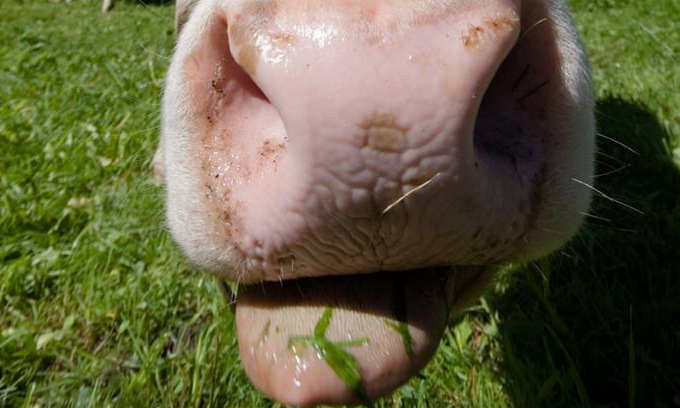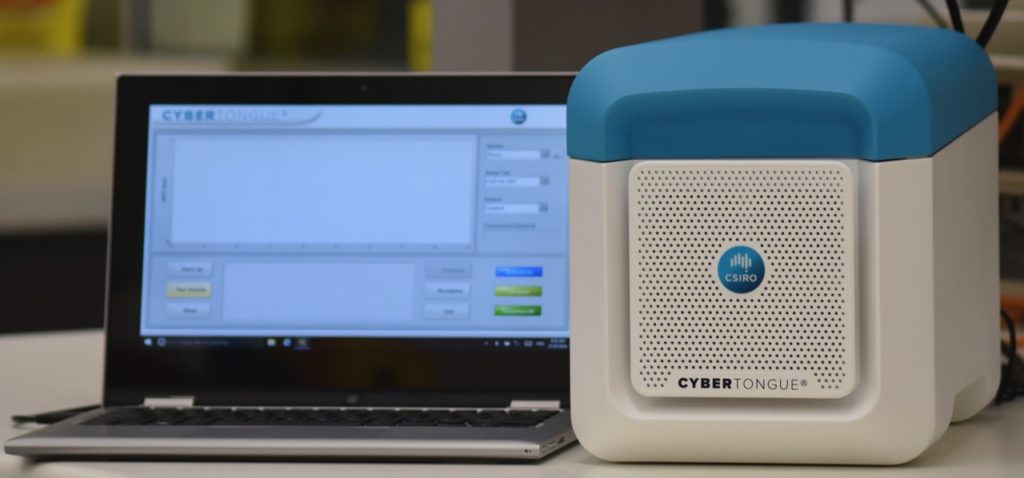
Our Cybertongue is much more effective at picking up traces of substances like lactose
Around four per cent of Aussies and up to 65 per cent of the world’s adult population are lactose intolerant. There’s also a growing number of people just preferring lactose-free dairy alternatives. That’s a whole lot of milk that needs to be lactose-free.
Lactose is a milk sugar that is naturally present in cow’s milk. To make lactose-free dairy products, milk producers add lactase, an enzyme that breaks down lactose, so that those with an intolerance can drink it without experiencing gastrointestinal symptoms.
Remoooving lactose
Once milk leaves the farm but before it’s packaged up for supermarkets, it has to be processed. It’s at this stage that milk processors add a lactase enzyme to help break down and remove the lactose. But the milk needs to be tested to make sure it really is free of lactose. Currently, the methods for testing for lactose are expensive and it can take up to a week to receive results. This can cause costs and delays for processors which in turn increases the prices for consumers. It can also lead to potential shortages in supply.

Got milk? Minus the lactose please
While lactose-free milk can taste a little sweeter than regular milk, our tastebuds can’t be trusted to determine if the milk is safe for consumers. So, of course, the solution lies in a computerised tongue.
Using a special biosensor for lactose, our Cybertongue technology accurately measures lactose in close to real time – meaning dairy products can be distributed sooner, without risking product safety. It can also detect spoilage enzymes – no sour milk here!
This super smart diagnostic tool was developed by our researchers and being taken to the market by Aussie startup PPB Technology. And it’s set to make a splash – starting with the milk industry.
Mmm, tasty: it can detect toxins, antibodies and enzymes

Some tech to really get your tongue around
Milk isn’t Cybertongue’s only tasty target. The technology was built to enable new sensors to be developed for a huge range of substances including toxins, antibiotics and enzymes.
This means the device could be used for everything from food testing to environmental monitoring to biosecurity, and it could potentially even be used for human health. It might be able to detect dangerous health conditions like sepsis in just a few minutes rather than a few hours – which could make a huge difference to how quickly a person receives life-saving treatment.
Our researchers are developing future sensors as part of a partnership with PPB Technology.

